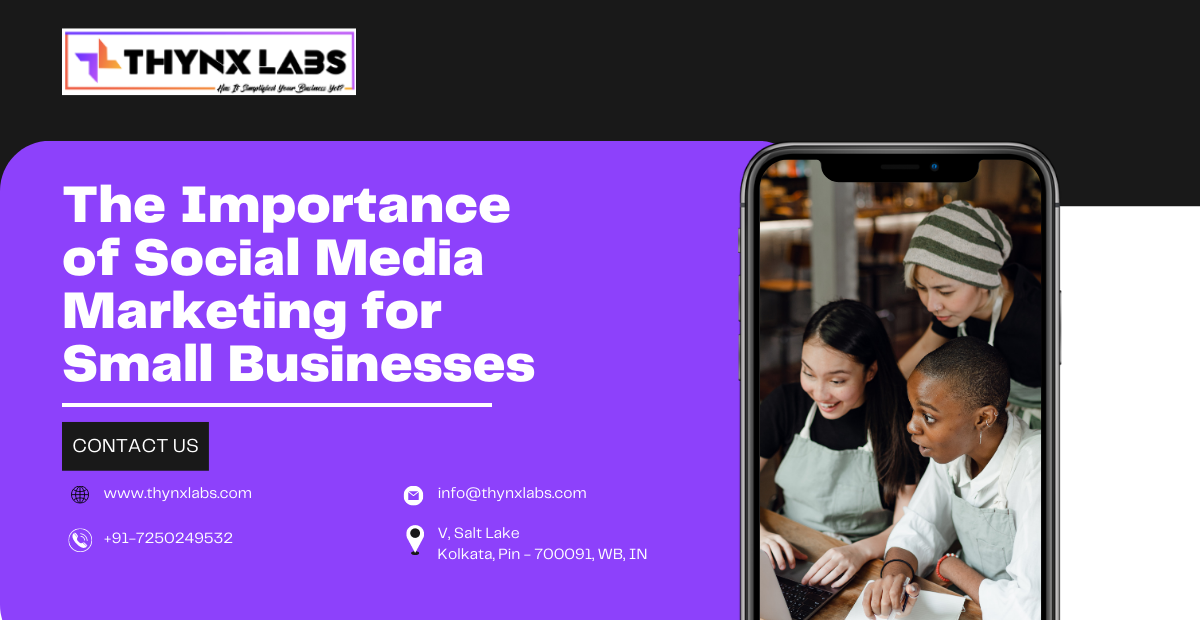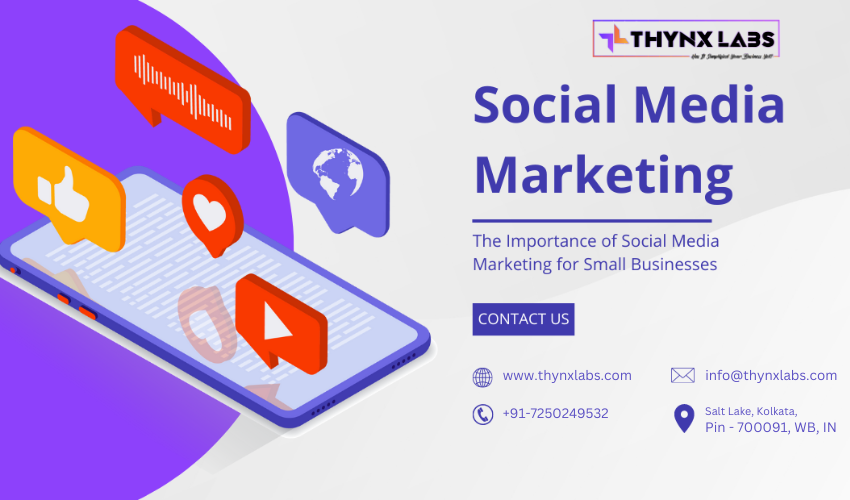Influencer Marketing on Social Media
Introduction
Influencer marketing has emerged as a powerful and effective strategy for brands to connect with their target audience on social media platforms. Leveraging the popularity and influence of social media influencers, brands can reach a wider audience, build credibility, and drive engagement and sales. In this article, we will explore the concept of influencer marketing on social media, its benefits, and how brands can effectively implement this strategy.
What is Influencer Marketing?
Influencer marketing is a form of social media marketing where brands collaborate with individuals who have a significant following and influence on social media platforms. These individuals, known as influencers, create and share content related to the brand's products or services, effectively promoting them to their followers.
The Power of Influencer Marketing
Influencer marketing has become a dominant force in the digital marketing landscape due to several key factors:
- Credibility and Trust: Influencers are often seen as authentic and trustworthy figures by their followers. When an influencer promotes a brand, it can significantly boost credibility and trust in the eyes of their audience.
- Reach and Exposure: Influencers typically have a large and engaged following. Partnering with them enables brands to reach a broader and relevant audience that might be challenging to access through traditional advertising.
- Niche Targeting: Influencers often have a specific niche or area of expertise. Brands can collaborate with influencers whose niche aligns with their target audience, ensuring precise targeting and better campaign results.
- Engagement and Interaction: Influencers have a direct line of communication with their followers. Through influencer marketing, brands can foster genuine interactions and conversations with their potential customers.
Identifying the Right Influencers
To run a successful influencer marketing campaign, it is crucial to identify the right influencers for your brand. Here are some steps to consider:
- Relevance and Alignment: Choose influencers whose content and audience align with your brand's values and target demographic.
- Engagement and Reach: Look for influencers with a substantial following and high engagement rates on their posts. An engaged audience is more likely to take action based on the influencer's recommendations.
- Authenticity: Prioritize influencers who are authentic and genuine in their content creation. Their authenticity will resonate better with their audience and make the campaign more effective.
- Track Record: Review the influencer's previous collaborations with other brands to assess their performance and effectiveness in driving results.
Implementing an Influencer Marketing Campaign
Once you've identified suitable influencers, it's time to plan and execute the campaign:
- Set Clear Objectives: Define specific goals for the campaign, such as increasing brand awareness, driving website traffic, or boosting sales.
- Collaborate on Content: Work closely with the influencers to create compelling and authentic content that aligns with both the brand's message and the influencer's style.
- Disclosure and Transparency: Ensure that influencers disclose their partnership with your brand to maintain transparency and comply with relevant advertising guidelines.
- Track and Measure Results: Use tracking tools and analytics to measure the impact of the campaign. Monitor key performance indicators (KPIs) to evaluate the success of the influencer marketing efforts.
Conclusion
Influencer marketing on social media has revolutionized the way brands connect with their audiences. By leveraging the power of influencers, brands can tap into engaged and relevant communities, building credibility, trust, and brand loyalty. To ensure a successful influencer marketing campaign, it is essential to identify the right influencers, collaborate effectively, and track the campaign's results. With a well-executed influencer marketing strategy, brands can take their social media marketing efforts to new heights and achieve meaningful and long-lasting results.
FAQs
Q 1: How much do influencers charge for collaborations?
The cost of influencer collaborations can vary significantly based on factors such as the influencer's following, engagement rate, and level of expertise. Some influencers charge per post, while others may prefer a long-term partnership or product exchange.
Q 2: What social media platforms are best for influencer marketing?
Influencer marketing can be effective on various social media platforms, including Instagram, YouTube, TikTok, Twitter, and Facebook. The choice of platform depends on the brand's target audience and campaign objectives.
Q 3: Can influencer marketing be used for B2B (business-to-business) brands?
Yes, influencer marketing can be effective for B2B brands as well. B2B influencers, often known as industry experts, can endorse and advocate for B2B products and services to their professional audience.
Q 4: How can I measure the ROI (return on investment) of influencer marketing?
To measure the ROI of influencer marketing, track key performance indicators (KPIs) such as website traffic, conversion rates, sales, and brand mentions. Use unique URLs or promo codes to attribute sales directly to the influencer's efforts.
Q 5: Can micro-influencers be as effective as macro-influencers for influencer marketing?
Yes, micro-influencers (those with smaller but highly engaged audiences) can be just as effective, if not more, for specific niche markets. Their authenticity and close connection with their followers can lead to higher engagement and better campaign results.


